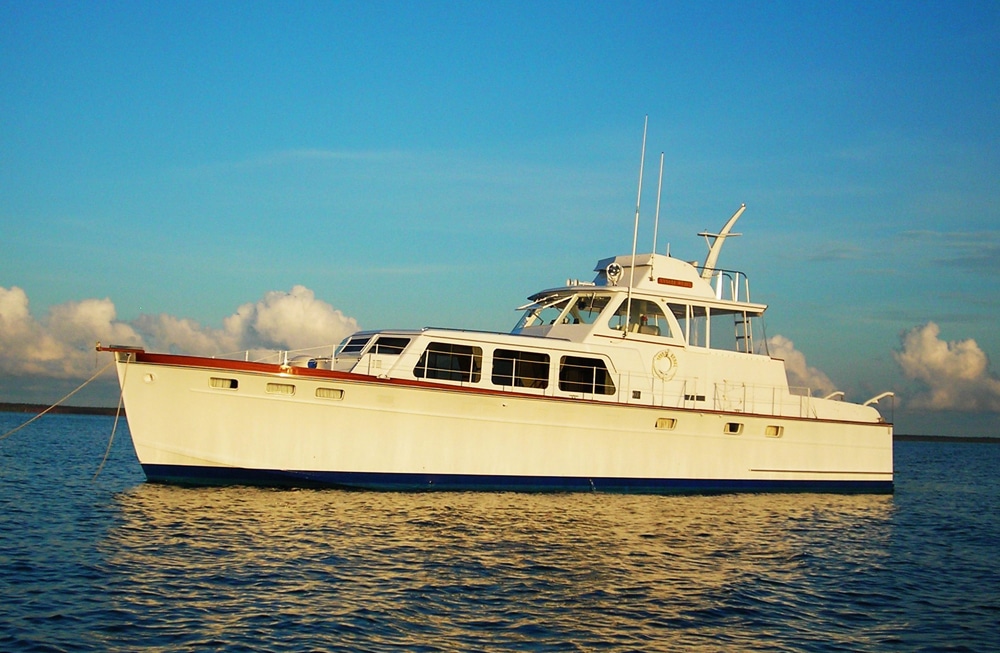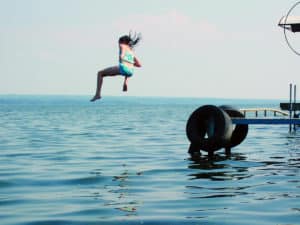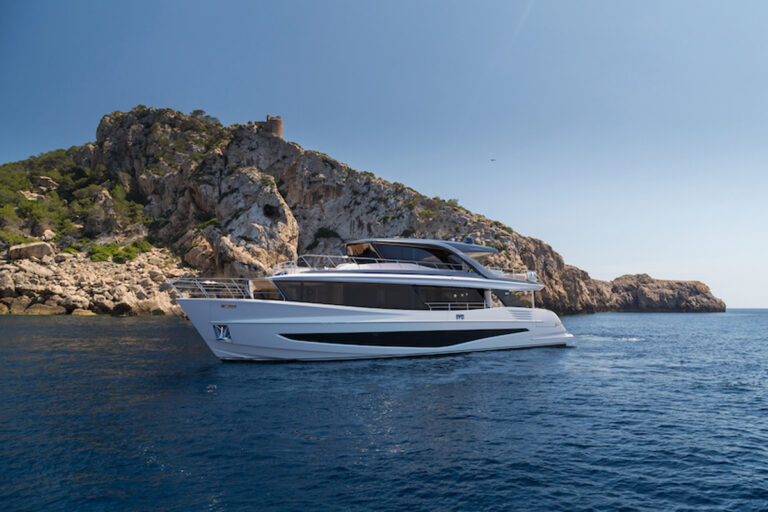
The Truth About Classics
If you peruse brokerage ads, surf the Web, and prowl boatyards, you’ve watched some eye-catching boats long enough to know their real value. Brokers do the same thing: When deals come along, they’re the first to know.
This wait-and-see approach works well with classic yachts. You may not think you want something special, but you might—every classic is special to someone. Here are three lies boat buyers use to talk themselves out of life-changing deals, with explanations of which way they’re leaning.
1. “I could never own a boat of historic significance.” There’s a big difference between ability and desire. Be honest with yourself. If you don’t want to own an important piece of nautical history, that’s fine. But if you want to own one, but think you can’t hack it, that speaks volumes about how seriously you take it—a check in the “yes” column.
Take the case of Dorade, a Sparkman and Stephens-designed custom yawl built in 1930 that shattered the Transatlantic record in 1931. “After a sailing season [Dorade’s owner] decided to have a really in-depth survey done just to see what we had to do for the winter program,” said Paul Buttrose of Paul Buttrose Yachts in Ft. Lauderdale. “Upon deep investigation we found the boat had a number of cracked frames…the boat essentially had to be rebuilt. So I called the owner to break this news. He said: ‘You know what? There’s only one Dorade and I’m merely the custodian. Let’s rebuild it, let’s rebuild it right.'”
2. “I don’t know enough about it.” Another vote for the ayes. It’s the know-it-all who is a danger to himself and others in the classic-yacht game. The owner who seeks advice and learns the proper way is headed down the right path. Once you become an owner of a classic, fellow enthusiasts come out of the woodwork. “I can tell [buyers] where the problems are going to exist,” says Dick Rogers, a longtime broker for Huckins Yacht in Jacksonville, Florida, who regularly lists wooden classics from the ’50s and ’60s. “It’s mostly in the superstructure. If the boat’s not taken care of and if there are any joints in the decking, or where the deck meets the cabin…that’s where you have some wood problems, but the construction on the Huckins is basic joinerwork, so they’re easy to repair.” Such detailed information becomes easy to come by when one joins this club. And initiation isn’t as exclusionary as you’d imagine.
“If someone comes along with the interest, in my opinion, you have the duty to show them the way,” says Buttrose. “I’m working with a client who was not aware of Dorade’s history or classic yachts in general. He’s now in possession of several books about the history of this yacht.”
3. “I’ll treat it as an investment.” This barely qualifies as a lie—now you’re just kidding yourself. If you’ve read this far, you’re interested in owning a classic. And you find yourself in good company.
Jim Payne of Cannell, Payne & Page in Camden, Maine, says their clients are enthusiastic about traditional and classic yachts. “They’re drawn to them, whether it’s going to be just cruising in something that has the aesthetic they’re looking for or to participate in the classic-yacht regattas—which have grown tremendously over the last 15 to 20 years, both here and in Europe,” he says. “We’ve got clients who have big maxi racers and motoryachts, and still have smaller classics, both power and sail.” If you feel the pull, consider letting a classic yacht into your heart.









